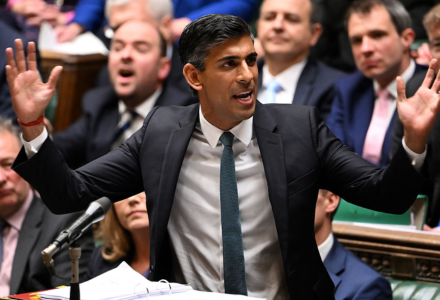In a significant move that has been welcomed by many landlords, Prime Minister Rishi Sunak has recently announced the reversal of enforcing new Energy Performance Certificate (EPC) standards for rental properties by 2028. This speaks directly to concerns that had been brewing in the rental market for some time.
Undoubtedly, the concept of regulations and a focus on achieving a better EPC rating is a positive development. Still, the key issue that had caused apprehension among landlords was the stringent timeframe in which the government had sought compliance. For many property owners, it simply felt unrealistic.
In the face of an already challenging rental market, most landlords view Sunak's move as a relief from added pressure. However, some landlords who had diligently invested in energy efficiency improvements to enhance their rental properties' EPC ratings may feel disheartened by this reversal.
But here's the silver lining: these forward-thinking landlords need not be discouraged. While the current landscape may have shifted, it's inevitable that future regulations will steer in a similar direction. When that time comes, these landlords will be well-prepared, having already undertaken the necessary upgrades to elevate their EPC standards to a C or higher. In the meantime, they will continue to benefit from increased interest and rents from tenants who appreciate lower energy costs, and discounted rates offered by “green” mortgages.
Sunak's reasoning for this policy shift centered on the belief that the associated costs were becoming burdensome, particularly at a time when many individuals were already facing financial difficulties. In essence, the decision seeks to alleviate some of the pressures faced by landlords, thereby benefiting the rental market as a whole.
However, some may wonder about the potential impact on tenants. Sunak assures tenants that this will not compromise their comfort or well-being as the current minimum EPC regulations that mandate adequate property warming will remain in force. The broader picture is that putting a pause on any legislation to give its implementation proper consideration should be seen as relaxing pressures on the tenant population too. The alternative is rushing it through, which would risk an exodus of landlords from the market and a further reduction in the number of properties available with the rises in rents that then follow.
In conclusion, a plan for increasing energy efficiency in rented homes in line with Net Zero targets is vital, for both the good of the environment and the well-being of tenants, but it needs to feature practical and easily accessible schemes that provide financial incentives for landlords to comply and the availability a workforce who can deliver the upgrades required within a realistic timescale. As with all elements of housing, the industry looks to the Government to deliver policies which demonstrate multilateral consideration of economic, health and environmental factors.

